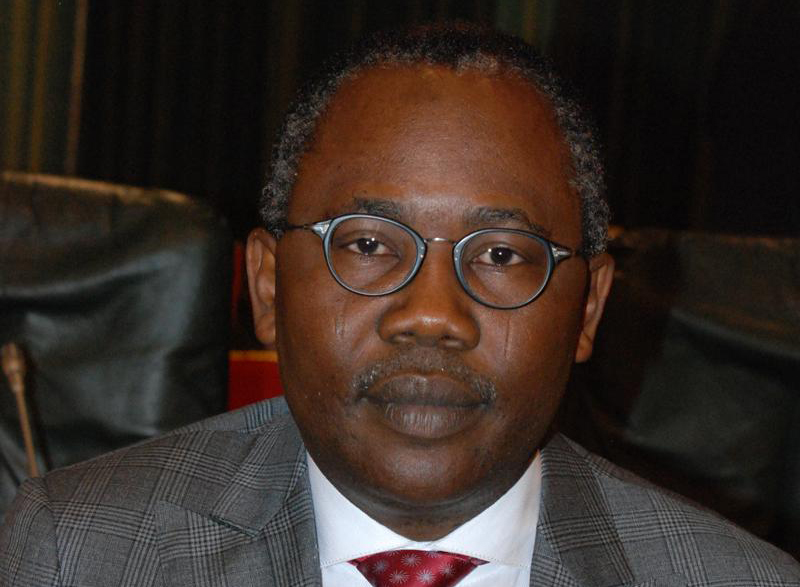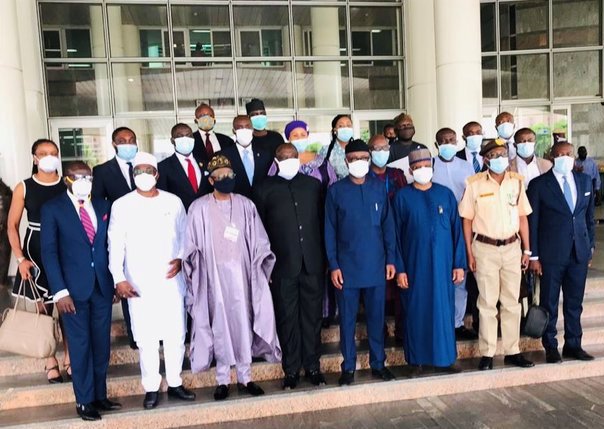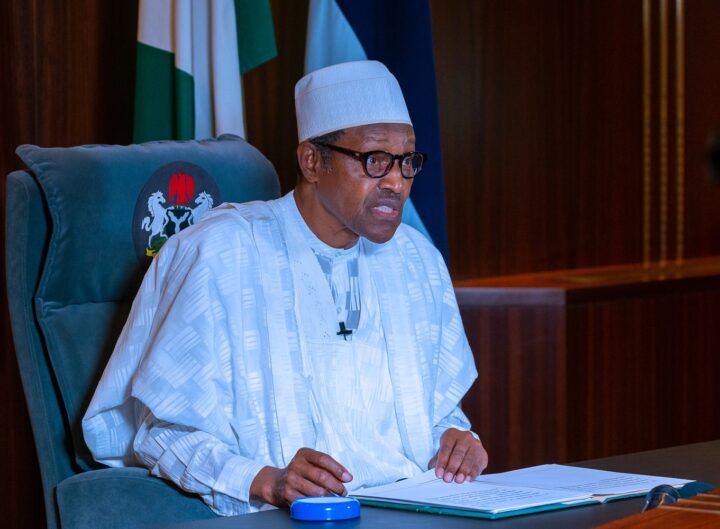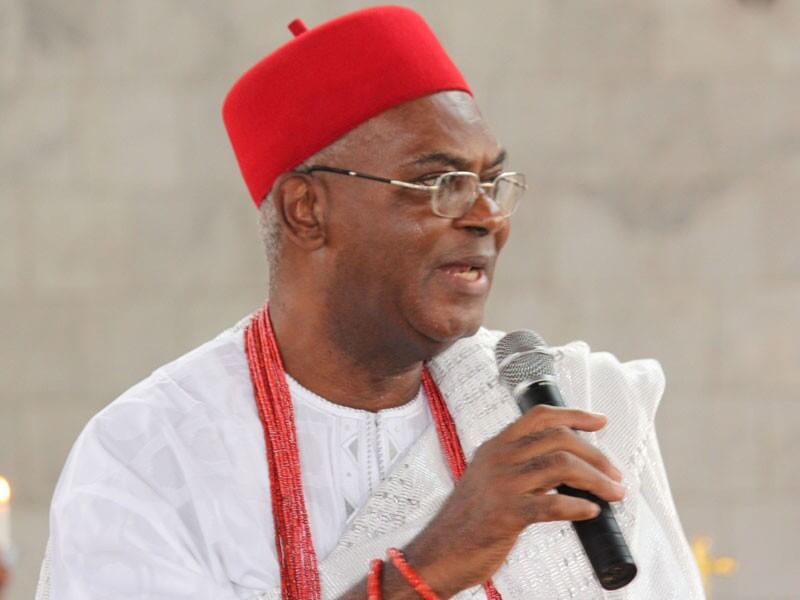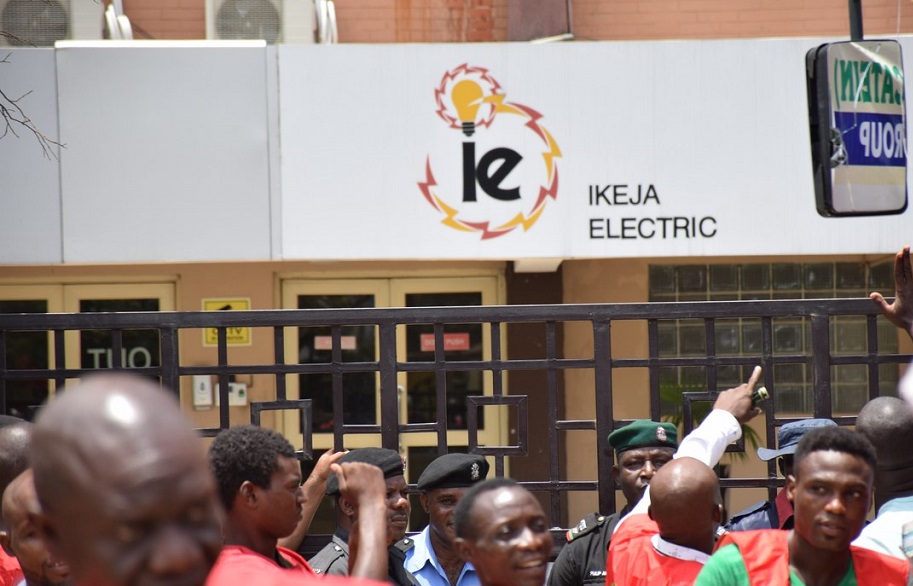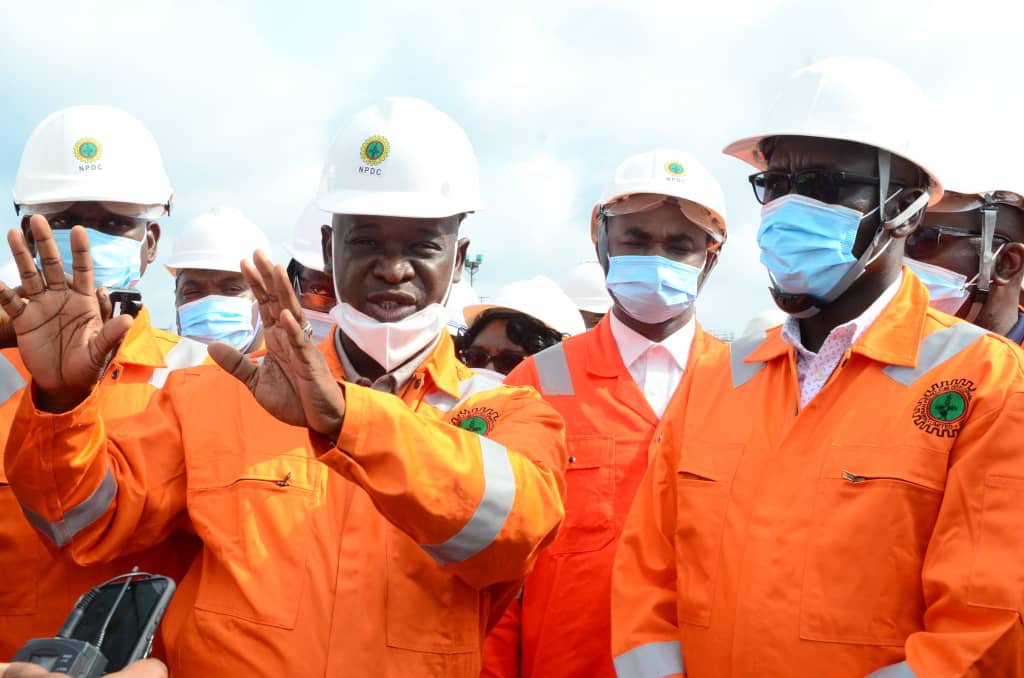The UK high court of justice says it believes the claims made against Mohammed Bello Adoke in the commercial case between Nigeria and P&ID Ltd will not impact on his trial in Nigeria.
The former attorney-general of the federation (AGF) had argued that claims made by Abubakar Malami in his witness statement were calculated to interfere with ongoing criminal proceedings against him in Nigeria
The court also said Adoke’s application to redact the claims made against him by Malami, who succeeded him as AGF, was filed out of time.
It further said since Adoke was not a party to the suit between Nigeria and P&ID Ltd, his application has no locus.
Advertisement
Adoke, who was Nigeria’s AGF from 2010 to 2015, had filed the application on August 13, 2020 asking the court to redact “false, defamatory, scandalous, and malicious statements” made by Malami against him.
Malami had described Adoke as corrupt, saying he was “heavily implicated in the OPL 245 case”, suggesting that he colluded with the lawyer to make the country lose the P&ID arbitration.
Adoke said Malami was aware at the time he made the statements that they were false as he had advised President Muhammadu Buhari that he had not done anything wrong in the OPL 245 matter.
Advertisement
He said Malami had, in the same witness statement, admitted that “Adoke refused a gift of money from the lawyer that he had appointed to conduct the arbitration. Yet, instead of lauding him, you accused him of being corrupt”.
Malami, however, said Adoke’s demand for an apology was misconceived.
FOXTON’S RULING
Making his ruling on Thursday, David Andrew Foxton, the judge, said Adoke did not show that he had the standing to bring this application.
Advertisement
“Mr. Adoke is not a party to the proceedings, and prior to issuing his application on 13 August 2020, had taken no part in the proceedings. It is not necessary to decide whether a non-party can ever bring an application to seek to redact the evidence adduced by one party to proceedings on the basis that it is said to be false, although on any view this would be a wholly exceptional course,” he said in the ruling seen by TheCable.

Foxton also said the application is “too late”.
He ruled: “The Challenged Paragraphs were referred to and relied upon in proceedings which took place in open court, namely the hearing before Sir Ross Cranston on 13 and 14 July 2020. In those circumstances, I am satisfied that it is too late now to seek to redact evidence which has already been deployed at a public hearing.
“Further, I note that the witness statements to which objection were taken were filed on 5 December 2019 and 6 March 2020 respectively. Mr Adoke has not explained when and how he became aware of the contents of the statements, and why his application in relation to the Challenged Paragraphs was not brought until 13 August 2020.”
Advertisement
On Adoke’s claims that Malami’s assertions can prejudice the money laundering trial he is undergoing in Nigeria, the judge said the case in London was a commercial case which has no impact of criminal proceedings.
“The Nigerian Court will no doubt decide the case on the evidence which it hears, and not on the basis of the evidence and allegations advanced by FRN (Federal Republic of Nigeria) in arbitration-related proceedings to which Mr Adoke is not a party in the Commercial Court in England,” he ruled.
Advertisement
“As I have stated, the hearing before Sir Ross Cranston is not one in which any findings of fact as to Mr Adoke’s conduct would fall to be made on a final basis. But even if it were otherwise, I should note that I have seen nothing to suggest that such findings would have any evidential status in the Nigerian criminal proceedings, any more than findings in other proceedings would have had evidential status in the proceedings here between FRN and P&ID.
“In the present case, the criminal trial in Nigeria will provide Mr Adoke with the appropriate forum to defend the legality of his conduct.
Advertisement
“Finally, to the extent that Mr Adoke’s application is advanced on the basis that the Court should conclude that the allegations made in the Challenged Paragraphs are false, the Court is simply not in a position to reach any view in the context of an application such as the present of the truth or otherwise of any allegations which may have been made against Mr Adoke. That very difficulty illustrates the wholly unprecedented nature of the relief which Mr Adoke seeks, which, if the Court was required to entertain an application of this kind, could involve the Court in wide-ranging satellite litigation with non-parties who object to the evidence of one of the parties to court proceedings.”
He further said the P&ID case before Cranston cannot be used against Adoke.
Advertisement
“Mr Adoke’s submissions appear to be more concerned with the possibility that the Court may at some future hearing make findings on the balance of probabilities as to his conduct. The hearing before Sir Ross Cranston is not such a hearing,” he said.
“The issue of how the Court should proceed when one of the parties to litigation invites it to make findings of criminal conduct on behalf of a non-party is not an unfamiliar one, albeit not one which, so far as I am aware, has arisen in the context of applications under the Arbitration Act 1996 where special considerations may apply.
“I should make it clear that if FRN succeeds in its application before Sir Ross Cranston for an extension of time, nothing in this ruling is intended to tie the hands of any judge conducting a hearing at which it was or might be necessary for findings to be made in relation to Mr Adoke as to how best to proceed.”
TheCable understands that both the federal government and P&ID did not request any oral hearing on Adoke’s application.
Add a comment
